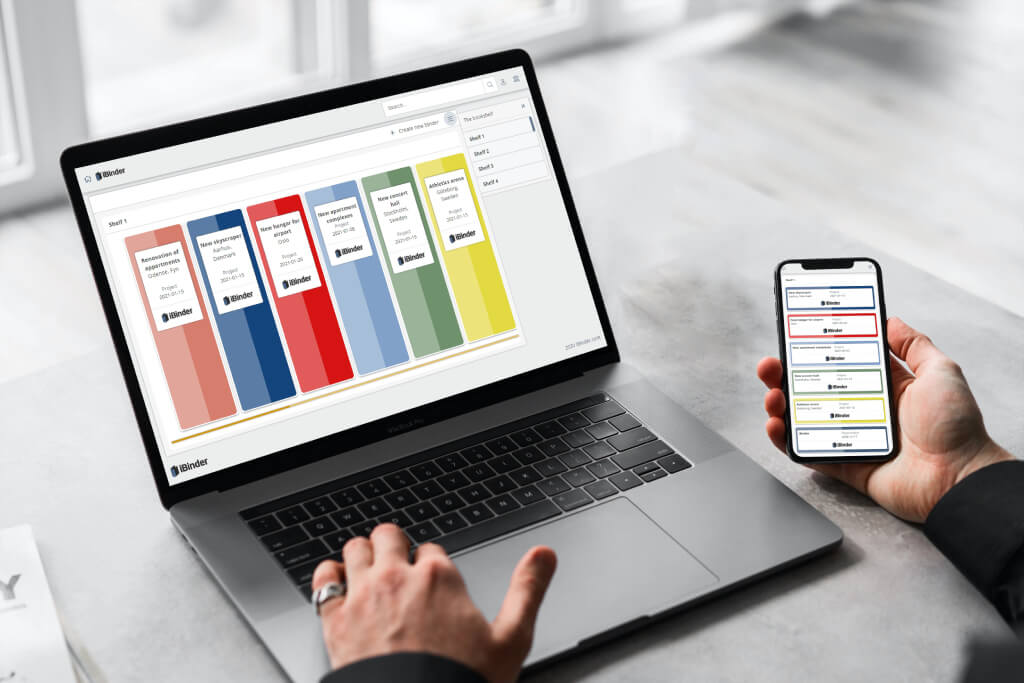Digital Product Passports – a game changer for the construction industry
The EU Ecodesign for Sustainable Products Regulation (ESPR), which entered into force on 18 July 2024, means that many or most construction products sold in the EU will need to carry a digital “passport.”

This change, scheduled to come into effect in its entirety by 2030, has the potential to radically alter how materials are specified, used, maintained, and reused. Construction—responsible for a large share of resource use and waste in Europe—is one of the sectors that stands to be particularly affected. Winners in the transition will be organizations that focus on structured, verifiable data throughout the production process.
What is a digital product passport (DPP)?
A Digital Product Passport is a digital record assigned to a product, containing key data about its composition, origin, environmental performance, and end‑of‑life options. It supports transparency, traceability, and circular economy goals.
The DPP concept is a core element in ESPR, which is already in force and is being rolled out to all member countries and product sectors. Under ESPR, DPPs will be used to collect, maintain and share product-level sustainability, circularity, and compliance data.
The ESPR replaces and expands the earlier Ecodesign Directive, extending the scope to almost all physical goods, not only energy‑using ones. The details for individual product categories (delegated acts) will define exactly what data and requirements apply.
Typical data in a DPP may include:
- Material composition
- Use of recycled content
- Emissions, energy, resource use (LCA data)
- Repairability, durability
- Environmental Product Declarations (EPDs)
- Compliance with relevant EU or national standards
Why construction is a priority sector
Construction and demolition waste (CDW) accounts for more than one third of all waste generated in the EU. The EU recognises CDW as a priority waste stream under its waste legislation. The potential for resource recovery is high, but actual recovery often occurs at low value (e.g. backfilling). Because of this, the EU aims to leverage DPPs to embed high‑value material reuse into the building value chain, reducing waste and improving circularity.
Digital building logbooks (DBLs) & link to DPPs
The concept of a Digital Building Logbook (DBL) is closely related: a repository for all building‑level data (structural, operational, material, energy). The EC has commissioned studies and is defining an EU‑wide DBL framework. An EU technical study was launched in April 2022 to propose models and guidelines for DBLs and explore their integration with BIM.
Challenges – and wins
Naturally, the new regulations are requiring many changes and additional documentation. Some of these challenges can place a strain on construction companies and purchasers in the transition period. We can for instance expect challenges regarding data standards and interoperability, digital maturity in organisations, data ownership, transparency in the production process and integration with existing systems. However, DPPs will bring gains in data quality and standardize specifications, potentially making product and material comparisons easier for purchasers.
Sources
EU:s förslag till förordning om ekodesign för hållbara produkter: https://environment.ec.europa.eu/publications/proposal-ecodesign-sustainable-products-regulation_en
EU-rapport om bygg- och rivningsavfall
https://environment.ec.europa.eu/topics/waste-and-recycling/construction-and-demolition-waste_en
How iBinder can support the transition
-
Centralized structured data storage
-
Lifecycle traceability
-
Metadata, tagging, and extensibility
-
Link to BIM and sustainability tools
-
Auditability and version control

How iBinder works
iBinder is a cloud-based platform that helps the construction and real estate industry better manage information and documentation about their properties.
